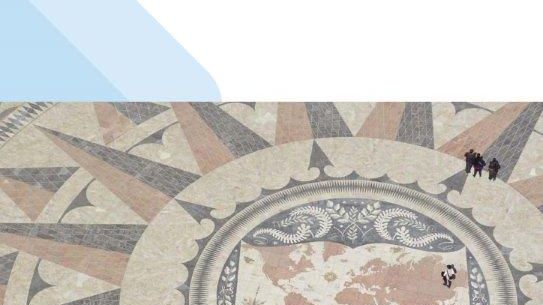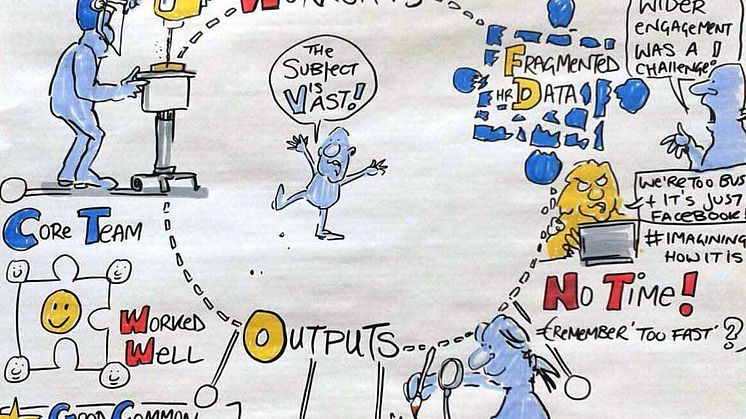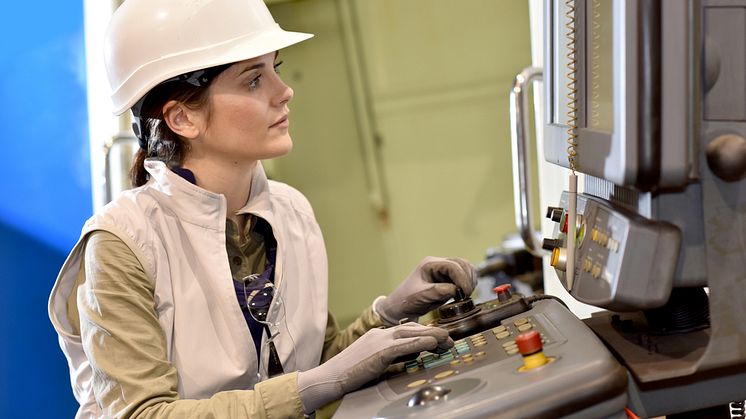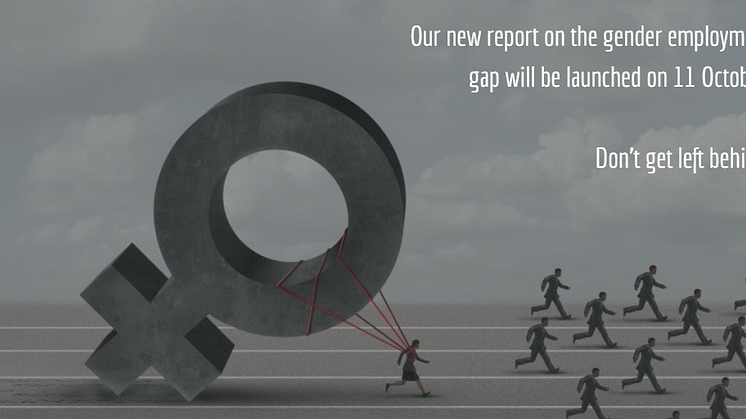Cooperating to make work sustainable
Eurofound together with the European Economic and Social Committee (EESC) and Workage (an EU-funded project) held an interactive conference on the theme of sustainable work in the EESC premises in Brussels on 29 September.
The event brought together representatives from business, public policy, research and social partner organisations to explore new findings from Eurofound on sustainable work



















